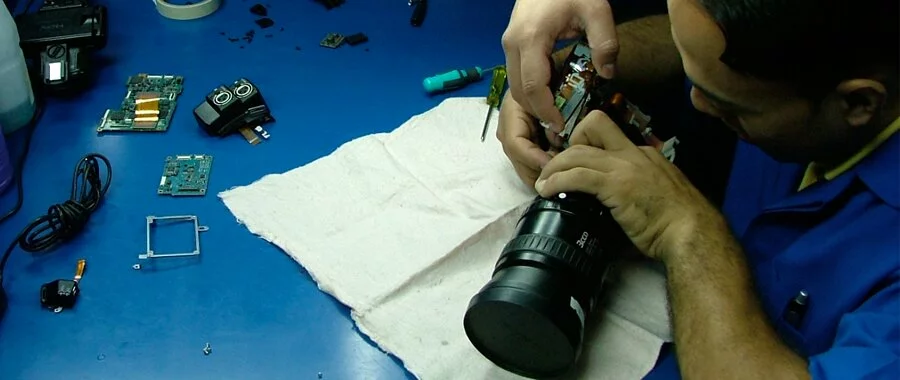-
Newsletter

Crisis. ‘We don’t know what’s wrong with it. Don’t you have another one?’ Tegucigalpa, the capital of Honduras, camera broken, 6 hours from the mountains where I’d driven from that afternoon. No, I didn’t have another one, and nor did anyone else. 4 hours later, camera reassembled and mercifully blinking to life again, came the 6 hour drive back, pitch darkness and one headlight not working. When I fell asleep at the wheel and almost hit a roadside policemen, there was some explaining to do, given that my passport was still up in the mountains.
It’s fair to say that making a feature documentary on the other side of the world, with no formal training and virtually no money, was no joke. But it was impossible to stop. All we seem to hear is bad news about the environment, which seems to be getting worse with every passing day. So when you stumble across a story that seems to turn that all on its head, does your commitment fall at the first hurdle or do you carry on? Everyone has a different answer to that but my own resulted in UP IN SMOKE.
It came much easier in theory than in practice. The film took four and half years to complete, required 14 shoots in Honduras, three in the U.S., and absorbed every penny I had, and many that I didn’t. And a broken camera was a relative luxury. Cancelled flights due to Spring Break and snowstorms, tick infestations, live red ants in the tape stock back in London, near immolation in filming one of the burn operations. Landing in Honduras four hours after the country’s first military coup had broken out seemed to be the real icing on the cake.
But this isn’t a film dedicated to my commitment. Without the support and faith of those around me – friends, family and the superb team who helped make it happen – it never would have come close. Financial support, professional advice and seemingly endless patience with my constant state of red alert for the entire process was what made the film possible.
And those in the film itself? It’s fair to say that Mike Hands, with his endless 25 years and more of stamina and commitment to solving one of the greatest threats facing rainforests today, is a hero who deserves a medal, and a great deal more. Faustino Reyes and his radiant passion for nature is more resourceful, inspirational and knowledgable than many people who have a thousand times the resources and scientific training. Aladino Cabrera and his resiliance, humour and generosity have made him feel like family, despite living on the very edge of utter poverty.
Mike’s work is true alchemy, and has the potential to turn despair into hope, on a scale far greater than it currently is. Given the seemingly myopic and naive nature of humankind’s attitude to this planet, it seems ever more urgent that his work is accelerated and implemented in every place that it can be. At the end of the day, Mike, Faustino and Aladino are all the real heroes. If this film helps others like it has helped them, and gives Mike’s work and the Inga Foundation the success they truly deserve, it will have achieved its goal.
My gratitude and thanks go to all of them.